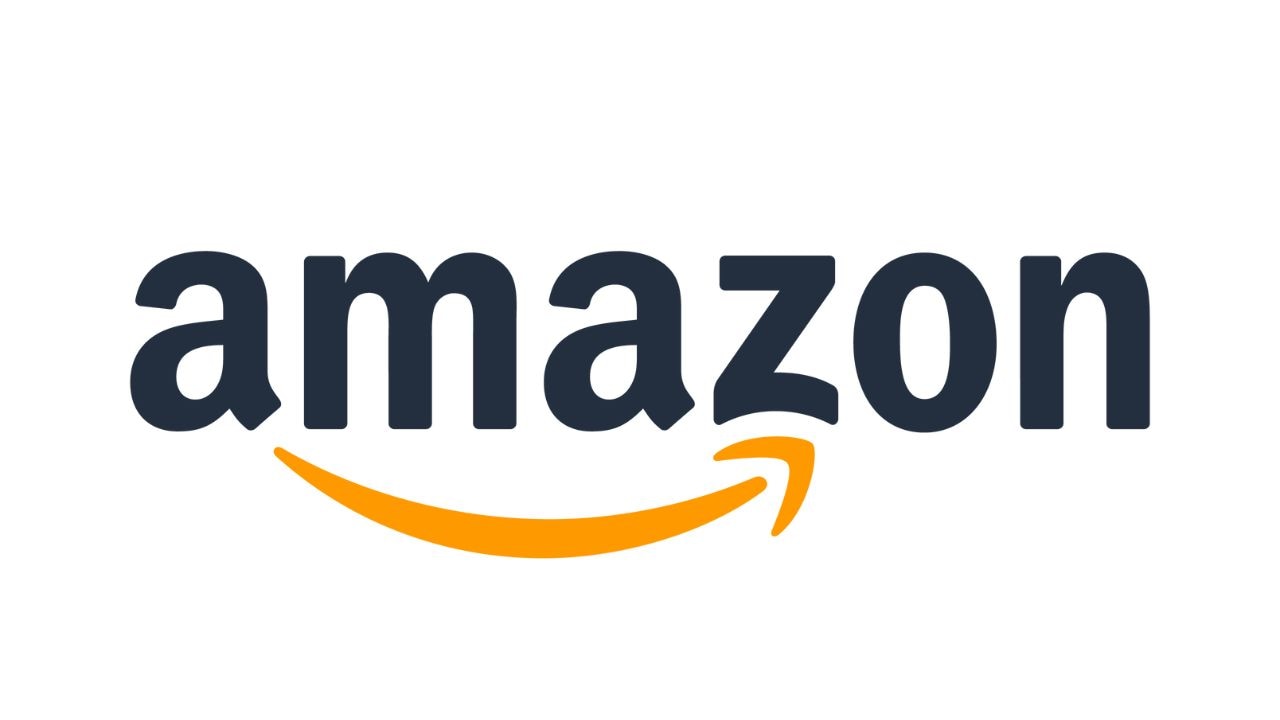Amazon has denied reports that it was planning to display the impact of US tariffs on product pricing, stating the proposal was never approved and will not be implemented. The clarification came after strong criticism from the White House, which labelled the idea a “hostile and political act.”
Responding to a report by Punchbowl News on Tuesday, Amazon spokesperson Tim Doyle said, “The team that runs our ultra-low-cost Amazon Haul store considered the idea of listing import charges on certain products. This was never approved and is not going to happen.”
The Punchbowl report had claimed that Amazon was preparing to show customers “how much Trump’s tariffs are adding to the price of each product,” citing an unnamed source familiar with the matter. The report quickly sparked political backlash, as the White House condemned the move.
White House Press Secretary Karoline Leavitt lashed out at the e-commerce giant, questioning the timing of the proposed initiative. “Why didn’t Amazon do this when the Biden administration hiked inflation to the highest level in 40 years?” she asked during a media briefing in Washington.
Since returning to office in January, President Trump has reintroduced a baseline 10% tariff on most countries, with additional higher levies targeted at dozens of nations. While those elevated tariffs have been temporarily paused for 90 days to facilitate trade negotiations, the administration has also imposed steep duties on Chinese imports. In response, China has retaliated with tariffs of its own on US goods.
The uncertainty surrounding these tariffs has already had ripple effects across the business world, with firms adjusting strategies in response to rising trade barriers and supply chain costs.
The evolving trade policy is beginning to leave a tangible mark on US businesses. On Tuesday, logistics giant UPS announced plans to cut 20,000 jobs globally in 2025, citing a significant drop in shipping volumes from Amazon, its largest customer.
UPS CEO Carol Tomé said the company, which employed approximately 490,000 people at the end of 2024, was taking steps to “reconfigure” operations in light of a “changing trade environment.”
The incident marks the latest flashpoint in the ongoing tensions between the Trump administration’s protectionist economic policies and some of the world’s largest corporations, as they grapple with the implications of rising tariffs and political scrutiny.
